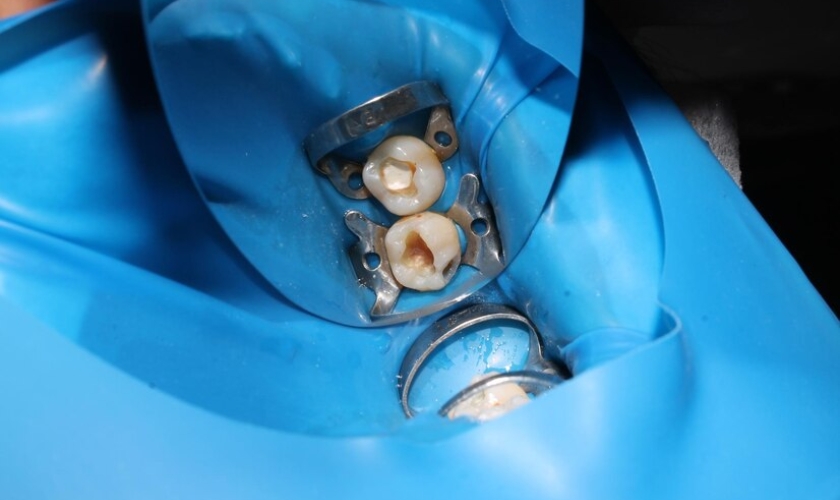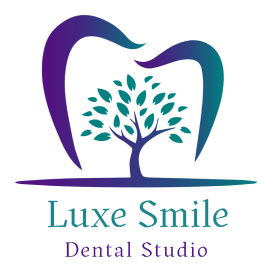Can a Poor Diet Cause Bone Graft Failure?


Bone grafting has become a common and essential procedure in modern dentistry, especially for patients preparing for dental implants. It helps rebuild or strengthen bone in areas of the jaw that have deteriorated due to trauma, disease, or tooth loss. While surgical skill and proper aftercare play key roles in recovery, one often-overlooked factor can make or break the healing process: your diet.
Let’s dig into how nutrition influences bone grafting and why what you eat before and after surgery could directly impact the outcome of your procedure.
Why Should You Pay Close Attention to Nutrition During Bone Healing?
Your bones are living tissue. Like muscles or skin, they need fuel to heal, repair, and regenerate. After a bone graft, your body undergoes a complex process where you might experience inflammation, tissue regeneration, and new bone formation. All of this requires a steady supply of vitamins, minerals, proteins, and energy.
If your diet is high in sugar, processed foods, and lacking essential nutrients, your body may struggle to complete these critical healing stages. This can lead to delayed healing, increased risk of infection, and in some cases, complete bone graft failure.
Nutrients That Support Bone Graft Success
To give your body the best chance at graft success, focus on a nutrient-rich diet before and after surgery. Here are the key players:
- Calcium: Crucial for bone density and structure. Found in dairy products, leafy greens, almonds, and fortified foods.
- Vitamin D: Helps your body absorb calcium. Sunlight, fatty fish, and fortified milk are good sources.
- Vitamin C: Promotes collagen production, which is essential for healing. Load up on citrus fruits, bell peppers, and strawberries.
- Protein: Provides the building blocks for new tissue. Include lean meats, eggs, tofu, and legumes.
- Zinc: Aids in tissue repair and immune function. Found in shellfish, meat, seeds, and whole grains.
Lacking any of these nutrients could compromise your body’s ability to integrate the bone graft effectively.
The Role of Inflammatory Foods
Not only does a poor diet mean missing out on important nutrients, but it often includes ingredients that increase inflammation. Chronic inflammation can slow healing and interfere with bone regeneration.
Watch out for:
- Refined sugar and high-fructose corn syrup
- Trans fats and hydrogenated oils
- Excessive alcohol
- Highly processed foods
All of these can weaken your immune system and create an environment in your body that’s more prone to infection and less capable of rapid healing.
What Science Says About Diet and Bone Healing
Several clinical studies support the connection between diet and bone regeneration. Research shows that malnutrition and low protein intake are directly linked to poor wound healing and lower bone density. Some dental professionals now assess a patient’s nutritional status as part of their pre-operative planning for bone grafting.
Bone health isn’t just about what happens during surgery—it’s about how well your body can cooperate with the changes. That cooperation depends largely on what’s on your plate.
If you’re serious about giving your bone graft the best chance to succeed, don’t overlook the power of daily nutrition. Learn how small diet changes can make a major difference in the healing timeline and graft stability in our previous post: How Diet Affects Bone Grafting Success.
Smoking and Bone Graft Failure: A Dangerous Duo
While not a part of our diet, smoking deserves a quick mention. Nicotine restricts blood flow, which limits the delivery of oxygen and nutrients to healing tissues. Combine this with a nutrient-poor diet, and you’ve got a recipe for disaster. If you’re a smoker planning to undergo a bone graft, speak to your dentist about how to quit smoking—it could prevent bone graft failure.
Hydration Is Often Overlooked
Another key to success that’s commonly ignored: water. Staying hydrated helps transport nutrients to your healing tissue and flushes out toxins. After your bone graft, aim for at least 8–10 cups of water daily unless your dentist advises otherwise.
Best Post-Graft Foods to Eat
In the days following your surgery, your mouth may feel sore and tender. Choose soft, nutrient-rich foods that are easy to chew and support your body’s healing:
- Greek yogurt
- Mashed avocado
- Oatmeal with soft fruits
- Bone broth
- Scrambled eggs
- Smoothies
Avoid anything too crunchy, spicy, or hot during early recovery.
When to Speak to Your Dentist
If you’re unsure whether your current eating habits are helping or hurting your healing, talk to your dentist. A nutrient-poor diet can put your healing at risk, while a balanced, wholesome eating plan supports your body’s natural ability to regenerate bone and heal efficiently.
If you’re preparing for a bone graft, take time to evaluate your nutrition. Your plate may be the most powerful tool you have in protecting your smile.



